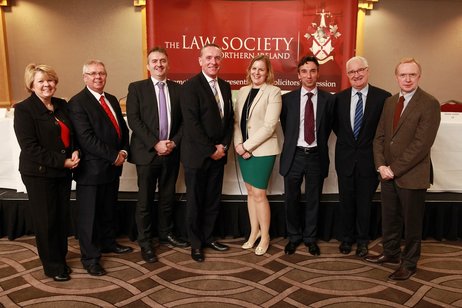We provide a comprehensive, professional and friendly service to all
our clients whatever their legal needs may be.
Contact Us Now On (028 9024 6405) for Expert Advice
our clients whatever their legal needs may be.
Contact Us Now On (028 9024 6405) for Expert Advice



 RSS Feed
RSS Feed